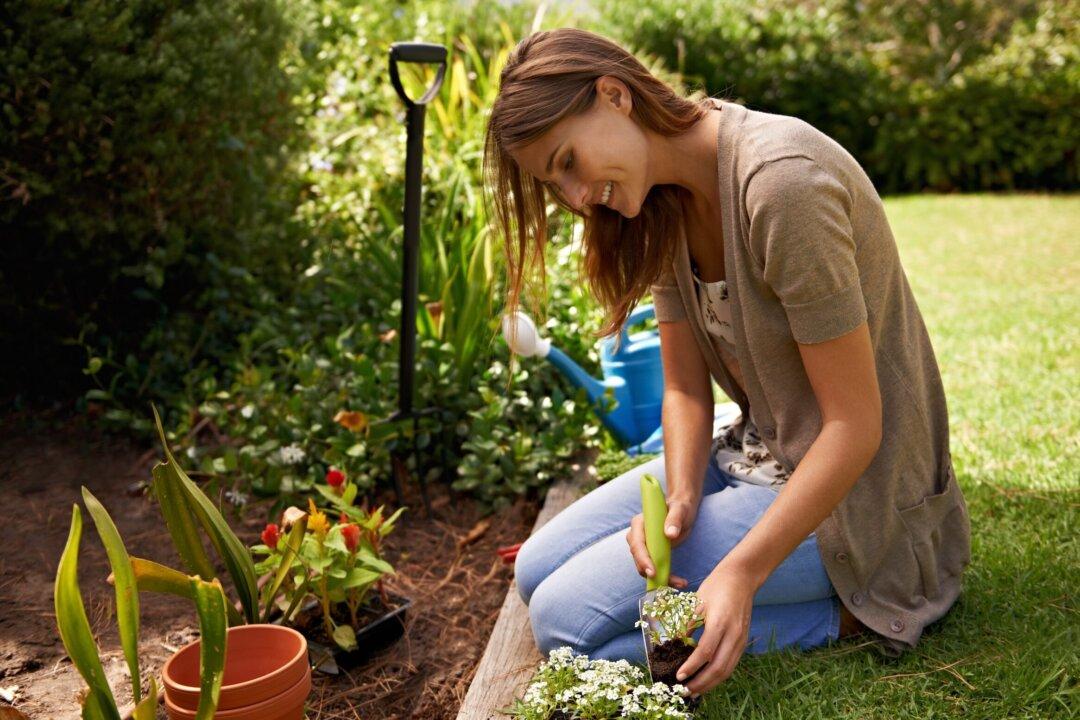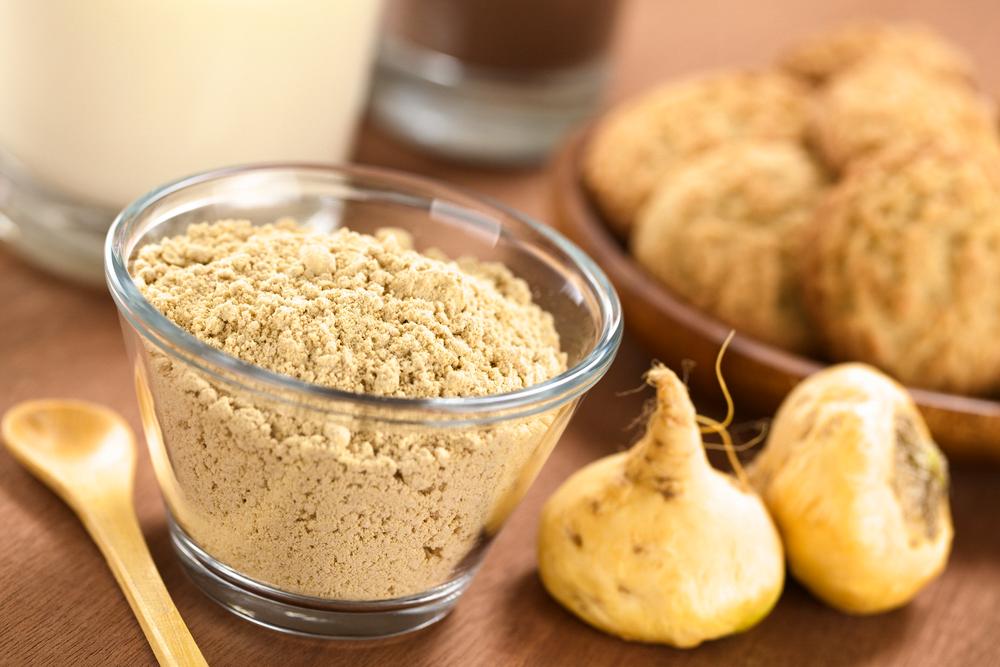There are few activities more nourishing for both body and soul than planting and tending a garden.
Gardeners have long known that the physical process of working with soil, water, and sunlight to coax a tiny seed through the miracle of growth and maturity has effects that go well beyond the pleasure of eating a strawberry or smelling a rose. A growing body of research shows that gardening is good for our physical and mental health.






